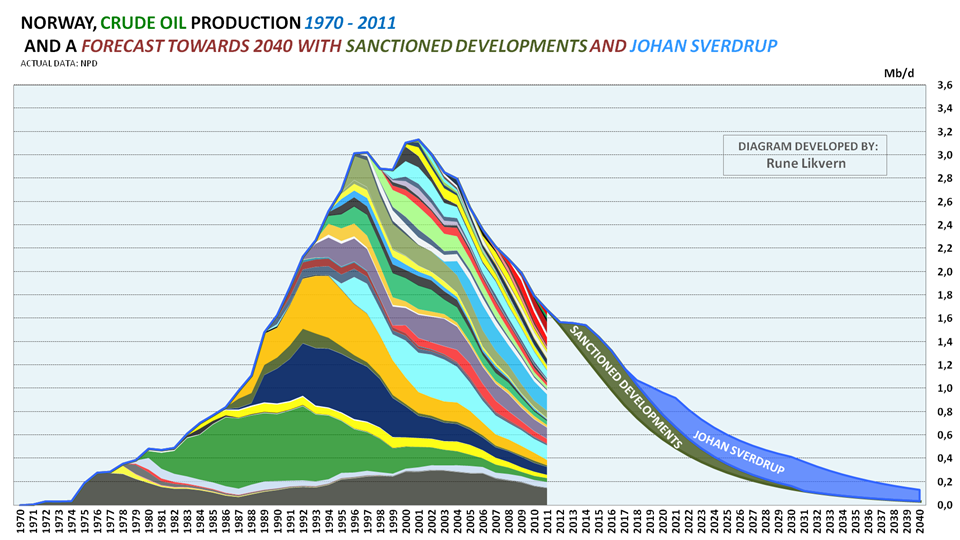NOG har ett seminarium den 19 november 13:30 – 16:30 på Bryggarsalen i Stockholm på engelska. Saxat från inbjudan.
The consequences of cheaper fossil energy
How do lower fossil prices affect renewables, climate policy goals and the competitiveness of regions?
Over the past few years considerable shifts have occurred in the markets for fossil energy. The so called shale revolution in the US brought down prices for natural gas, in turn affecting coal. Last year the shale boom contributed to a sharp price reduction also for oil. Other factors are curbing global demand both for energy and other commodities. These shifts have effects for international trade patterns and for the competitiveness of different kinds of fuels. It is quite possible that we have entered a longer period when the prices of fossil fuels will vary around lower trend lines than the ones we got used to during the first years of this decade.
Our seminar will focus on the consequences of this development for the competitiveness between the fossil fuels and renewables in different markets and applications; e.g. power generation, heating and transportation. Lower costs for fossil fuels will also affect nuclear power. As background we will compare the development of prices for fossil fuels over the past years, and examine how the trade patterns have changed.
Affordable prices for fossil fuels will stimulate economic growth and tend to increase the demand for both coal and oil. We will discuss how this may affect climate policy and the ambitions to make the energy system more sustainable, internationally and in Europe.
The changing energy markets have also caused energy costs to develop differently between regions. We will look into the consequences of this development and what effects it may have for the competitiveness of industry in different parts of the world, among others Europe and Sweden.
The seminar is free of charge. The seminar will be held in English.
Moderator
Joshua Prentice, Policy Officer at the Swedish Ministry of the Environment and Energy.
Speakers
Bjarne Schieldrop:
Chief Analyst Commodities, SEB Merchant banking, previously active as consultant in carbon market analysis and in trading of energy derivatives
Marianne Haug: Professor of Energy Policy and Sustainable Development at the University of Hohenheim, Stuttgart, previously Director at the International Energy Agency
Stefan Fölster: Head of the Reform Institute, Adjunct Professor of Economics at KTH, the Royal Institute of Technology, previously Chief Economist at the Confederation of Swedish Enterprise.
Registrering: Tryck här!
The consequences of cheaper fossil energy | Network oil & gas.









